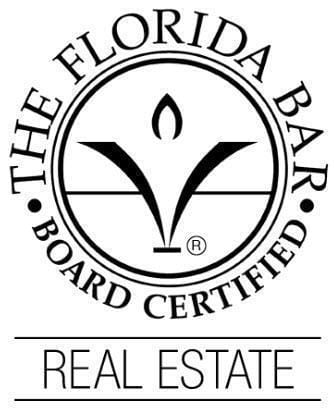Whether you want to sell your small business, property rental or home, there are several contracts you should become familiar with. Purchase agreements are one of the most common types of real estate transactions, as they signify a contract has been made between a seller and a buyer.
This legally binding contract contains several details that are critical to the transaction, according to The Balance. One small oversight or mistake could make a big difference in the terms of the sale.
Parts of the purchase agreement
Sometimes referred to as a sales contract, the purchase agreement contains a number of critical components. These include the following:
- The buyer and the seller or the identity of each party
- Detailed description of the property, including current condition
- Purchase price, any money put down on the property and financing
- Any contingencies associated with the contract
- Any appliances or fixtures included in the sale of the property
- Closing costs associated with the contract
The contract also contains any extenuating terms of possession of the property. Finally, in order for a contract to be legally valid, both parties must sign it.
A look at contingencies
A contingency is a clause in the purchase agreement that requires an action to take place before the contract is legally binding. One example is a loan contingency, which means the contract is only valid if the buyer is able to establish financing for the property. With an inspection contingency, the buyer may back out of the contract if an inspector finds significant issues during a home inspection.
Knowing how a purchase agreement works helps to minimize any problems that may arise during the purchase or sale of a property.




